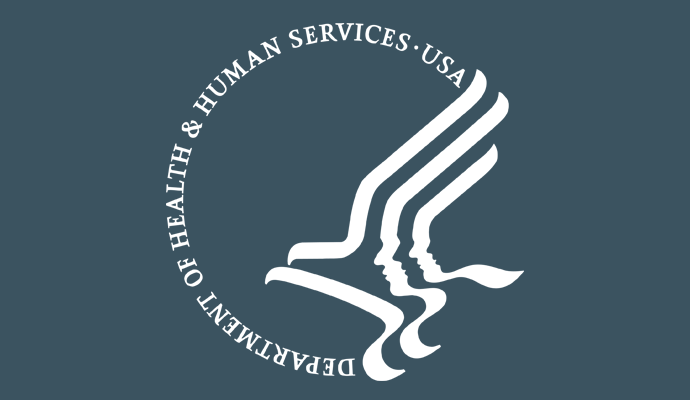HHS, DoD to Scale-Up Manufacturing of COVID-19 Antibody Cocktail
The agreement will help to develop and manufacture AstraZeneca’s monoclonal COVID-19 antibody cocktail, which will treat or prevent infection with SARS-CoV-2.

Source: Thinkstock
- HHS and the Department of Defense (DoD) recently announced an agreement with AstraZeneca for late-stage development and large-scale manufacturing of the company’s COVID-19 antibody cocktail, AZD7442.
The agreement, part of the Trump Administration’s Operation Warp Speed, will attempt to manufacture the monoclonal antibody cocktail, which may help prevent COVID-19 infection.
AZD7441 is a combination of two monoclonal antibodies discovered by Vanderbilt University and licensed to AstraZeneca, an HHS spokesperson noted in the announcement.
Specifically, AZD7442 may be of particular use in certain groups, including individuals with compromised immune function, individuals over 80 years old, and individuals undergoing medical treatments that prevent them from receiving a COVID-19 vaccine.
If FDA authorizes the use of the antibody cocktail, the federal government will distribute the doses at no cost, HHS said. But healthcare professionals could still charge for the cost of administering the product.
“In addition to Operation Warp Speed's historic progress on vaccines, we are supporting promising monoclonal antibodies for prevention and treatment all the way through to supply, allowing faster distribution if trials are successful," said HHS Secretary Alex Azar.
"More good news about COVID-19 treatments is constantly emerging, and President Trump's commitment to supporting lifesaving measures, like AstraZeneca's antibody candidate which may help deliver these products to our nation's most vulnerable populations."
The Biomedical Advanced Research and Development Authority (BARDA), part of the HHS Office of Assistant Secretary for Preparedness and Response, collaborated with DoD to provide nearly $486 million to AstraZeneca for two Phase 3 clinical trials and other developmental projects.
The additional projects include a large-scale manufacturing demonstration project and supply of AZD7442 in the US.
One of the trials will evaluate the safety and efficacy of AZD7442 to prevent infection for up to a year after injection in nearly 5,000 volunteers, while the second clinical trial will evaluate if the antibody can help prevent infection in 1,100 individuals who have been exposed to someone with COVID-19.
AstraZeneca believes that about 100,000 doses of AZD7442 could be available from this project for the nation’s high-risk population that may not see benefit from a vaccine by this December.
HHS noted that working in parallel with clinical development and manufacturing supply will boost the general product development timeline.
Monoclonal antibodies produced in the laboratory mimic natural antibodies and are delivered by injection or infusion. Additionally, these antibody combinations have the potential to prevent infection, HHS said.
Antibody treatments have gained attention lately.
At the end of last week, Regeneron Pharmaceuticals announced that its COVID-19 antibody cocktail reduced viral load and alleviated symptoms in non-hospitalized coronavirus patients in a Phase 1/2/3 clinical trial.
Specifically, the antibody, REGN-COV2, rapidly reduced viral load through Day 7 in patients without an antibody presence (seronegative).
The mean time-weighted-average change from baseline viral load through Day 7 in the seronegative group was a 0.60 log10 milliliters greater reduction in patients treated with high dose compared to a placebo, a Regeneron spokesperson said. Patients treated with a low dose saw a 0.51 log10 milliliters greater reduction compared to a placebo.
These findings suggest that REGN-COV2 could provide a therapeutic substitute for the naturally-occurring immune response, said George D. Yancopoulos, MD, PhD, president and chief scientific officer of Regeneron.
The COVID-19 antibody cocktail recently gained attention after President Trump reported taking the treatment while fighting the virus earlier this month. The president touted the treatment as a “cure” for the novel coronavirus in a video last week.
Additionally, Eli Lilly applied for emergency use authorization of a similar COVID-19 antibody therapy and early clinical data trial has shown the experimental treatment to be effective at reducing viral levels.
